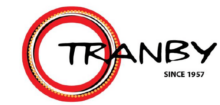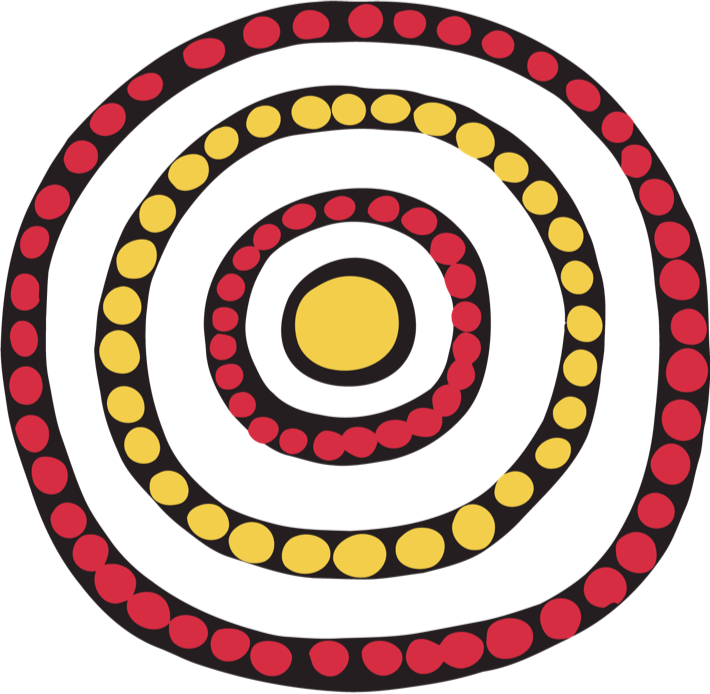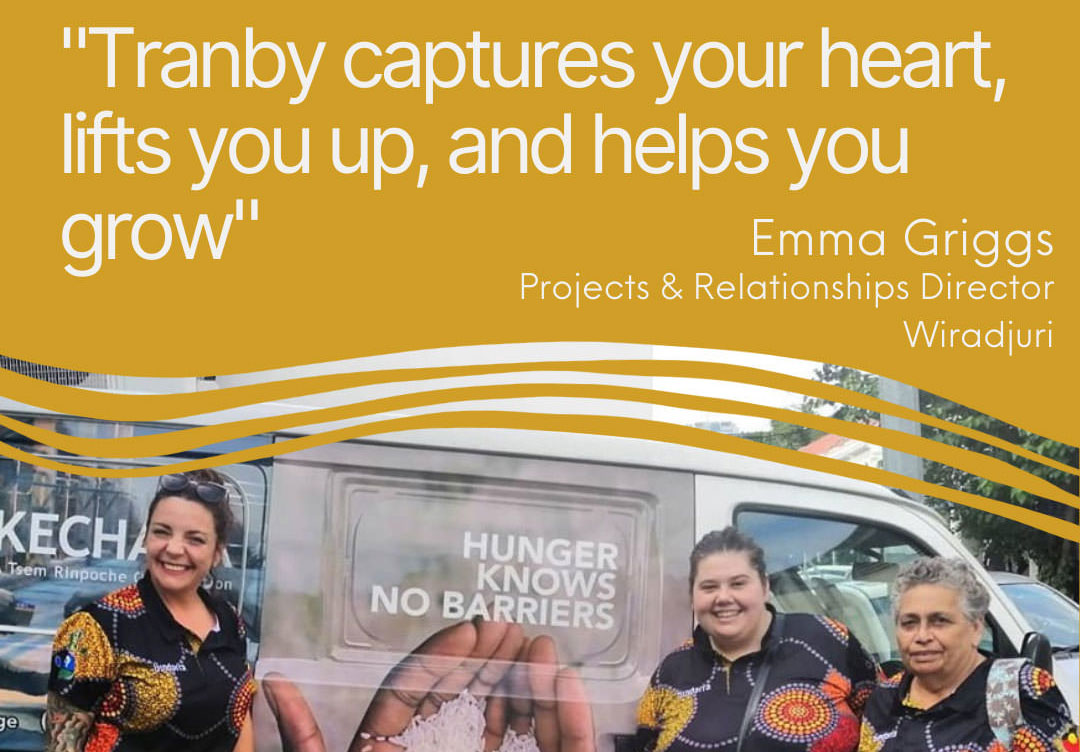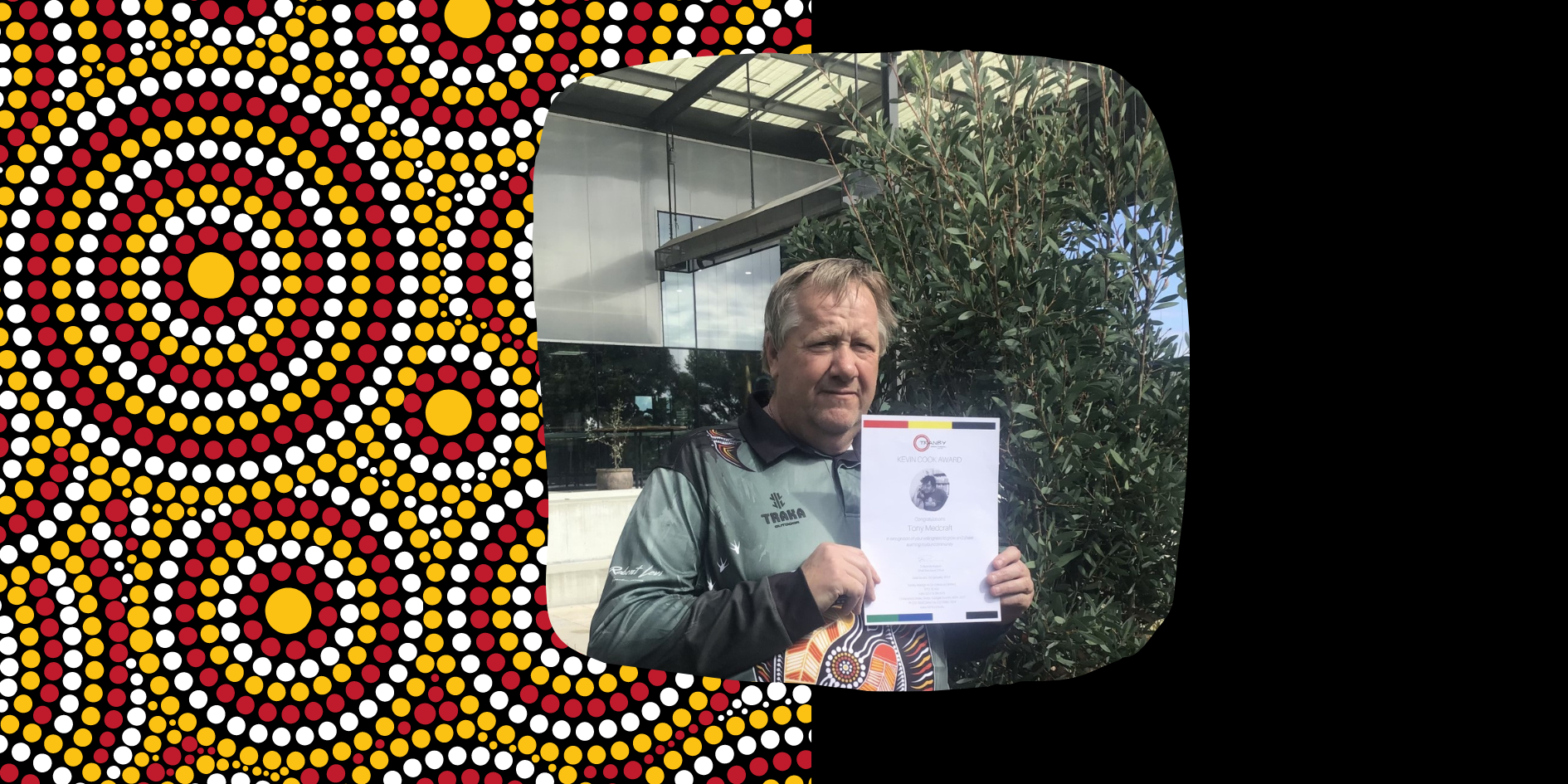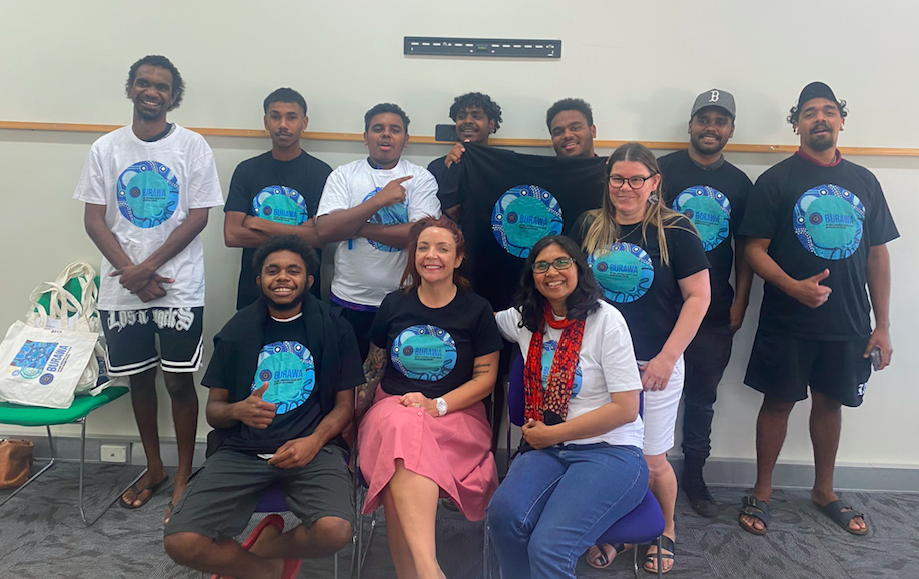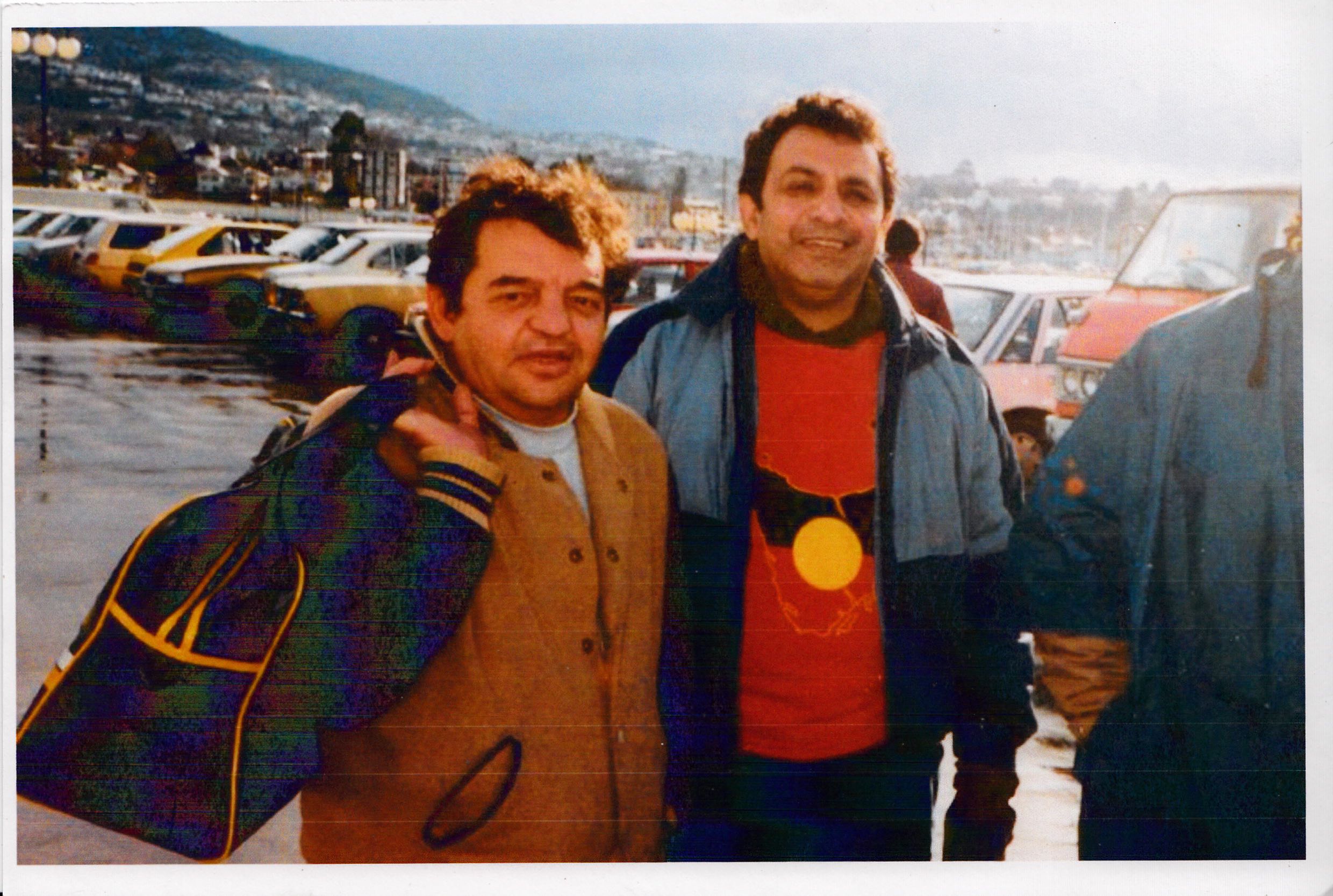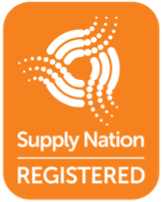Student Stories: Emma Griggs (Wiradjuri)
When Emma first joins the Zoom call, her audio isn’t working. Quickly, she catches on, miming to Jacinta and me that she’ll call us back on her phone. Moments later, she’s back on screen, audio working this time. She sets her phone up in one place, but the angle is awkward. She shuffles around until she finds the perfect spot. She has a confidence that shines through, even in this virtual space.
Emma is a proud Wiradjuri woman, raised on Gadigal land. Now, she lives on Dharawal Country, perfectly poised on the cusp of the city and the bush. This is a balance that suits Emma – as a working mum of two sons, being right by a trainline that’ll take her into the city is essential. But so is proximity to the National Park, full of waterways and other natural splendours that make Emma feel truly at home.
Emma tells me that it wasn’t until she was in her late teens that she began to learn more about her heritage – when she describes this process, she says it was like finding a missing piece of her identity. Her father’s side of the family descend from the Stolen Generation, a trauma which has left a lot of gaps in her family’s knowledge of their past.
It wasn’t until her grandmother needed to be moved into a nursing home that her father discovered a shoebox, filled with fragments of a family history that had been kept a secret. Emma can guess at why her grandmother kept her Aboriginal heritage hidden, but sadly, guesses are all she has.
‘Her reasons will never really be known,’ Emma says. ‘It may have been a combination of being raised to think that it was shameful or being afraid to come out because of the way that people judge. And it was kind of from that day forward that my dad and my brother and sister and I went: well, this is not the way we want to live our lives, this is not acceptable. It was a really important stage.’
Connecting to culture and to Country has been transformative for Emma. ‘I’m really glad I found out all those things before becoming a mum, it’s really filled a space in my heart – a part of it with sadness but a lot of it has been such a beautiful journey.’ She mentions that whilst stories from family have filled in some gaps in her cultural knowledge, her education through Tranby has been equally illuminating. ‘It’s important to have that scope of knowledge,’ she says. ‘To listen to all different types of facts and stories and song lines that come from many different people, because you can really end up with quite a narrow band of information if you’re only getting it from one channel.’
Tranby is clearly special to Emma – she jokes that she is the biggest advocate for the organisation, willing to be the poster girl for any occasion. Emma was working as an Aboriginal employment coordinator for a government agency in Sydney when she decided to undertake the 10578NAT Diploma of Applied Aboriginal Studies at Tranby. She says she wanted the qualification to serve as an official confirmation of her professional capacity to work in a culturally meaningful, considerate and responsive way for Community, and most importantly, with Community.
Although Emma left school at the age of fourteen, she never felt out of place at Tranby. It was a space that nurtured her, a place where it was okay if you didn’t know all the answers – all you had to do was ask the questions.
‘One of the things Tranby had was a place where you felt safe, it’s a really safe place’ she says. ‘It’s amazing and it’s beautiful and the history behind the building is phenomenal.’ On the screen, Emma uses her hands to give me a sense of what the buildings look like – she scoops and curves her arms as she describes classrooms with rounded walls and domed ceilings, allowing knowledge to flow freely through the room without becoming trapped in a corner.
Not only did the environment create a flexible learning space, but the teachers were also highly responsive to the individual needs of the students. ‘It’s a really culturally safe place to study, you will be really well supported,’ she says. ‘If you need a hand with anything you just need to shout out and people will come and help guide you through whatever it is that you need to do.’
Emma found that learning was a fluid process, not confined to pen and paper – going out onto Country and taking excursions were just as important as writing assignments. This hands-on approach to learning also paved the way for Emma to apply for scholarships and travel overseas. She went on two trips as part of her education at Tranby – one to Indonesia, and one to Malaysia. She and the other students looked at the impact of colonisation in these countries, drawing parallels to the Australian context and learning about the role of culture in local communities.
Emma says she has been lucky to travel a lot with her family, but something about the way these trips paired with her education made them unique. ‘The opportunity to do both of those things on top of actually doing a diploma was just…’ she pauses. ‘Such a mind-blowing opportunity.’
Emma feels her experience at Tranby may have been slightly different than usual– when she was a student, her entire cohort was made up of only women. Emma describes this group as full of vibrant individuals, eclectic and diverse in their backgrounds and experiences. ‘It was one of the most holistic groups of people that you could consider putting in one room,’ she says. ‘We took into consideration all of the different things that we had to offer, and it just gave a really positive approach.’
As the interview starts drawing to an end, I ask Emma what she would say to someone thinking of embarking on a journey with Tranby. Immediately, she laughs and says: ‘Do it! There’s no time like the present for improving yourself and your person.’
To me, Emma seems fearless and confident, but she tells me this is not always the case. She speaks a bit about how she has struggled to feel like she’s being taken seriously because of her appearance. On the screen, I can see one of her arms is covered in a beautiful tattoo – a feature that is likely uncommon on others in Emma’s professional world. But gaining a culturally focused education has helped Emma to rise above these insecurities, stand rooted in strength to her identity and take courage in her abilities.
‘It makes me really proud to be an educated, Aboriginal woman, who’s a mum, in the way that the world is now,’ she says. ‘You can’t stereotype me, and I won’t let someone do that. I think the education component is something you can’t see from the outside, and that becomes your inner power. You can hold that very dear and no-one can ever take that away from you.’
